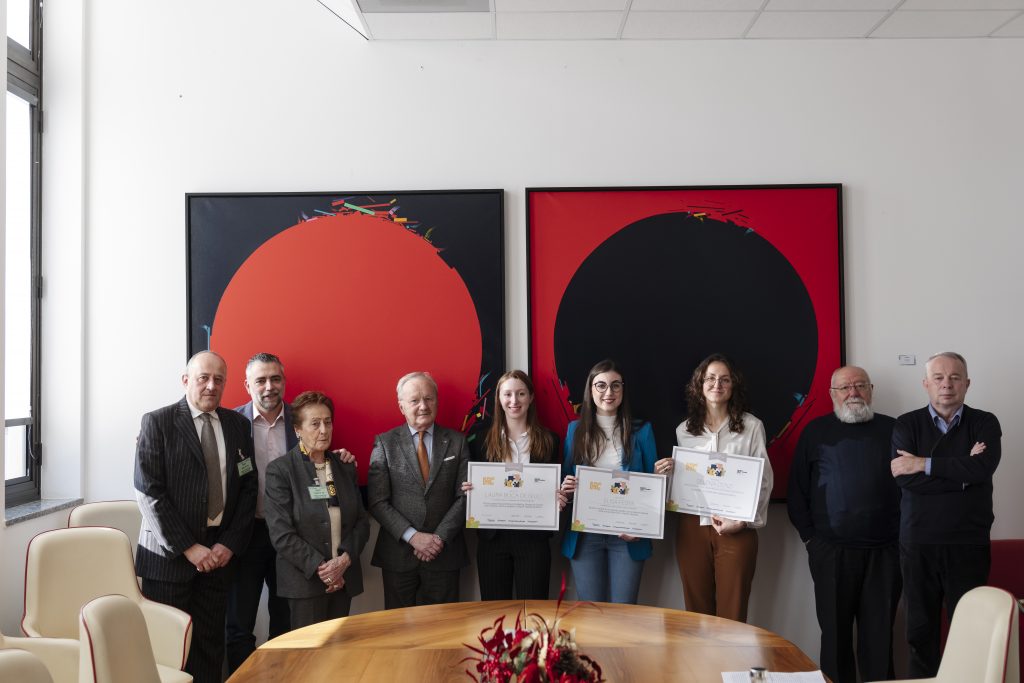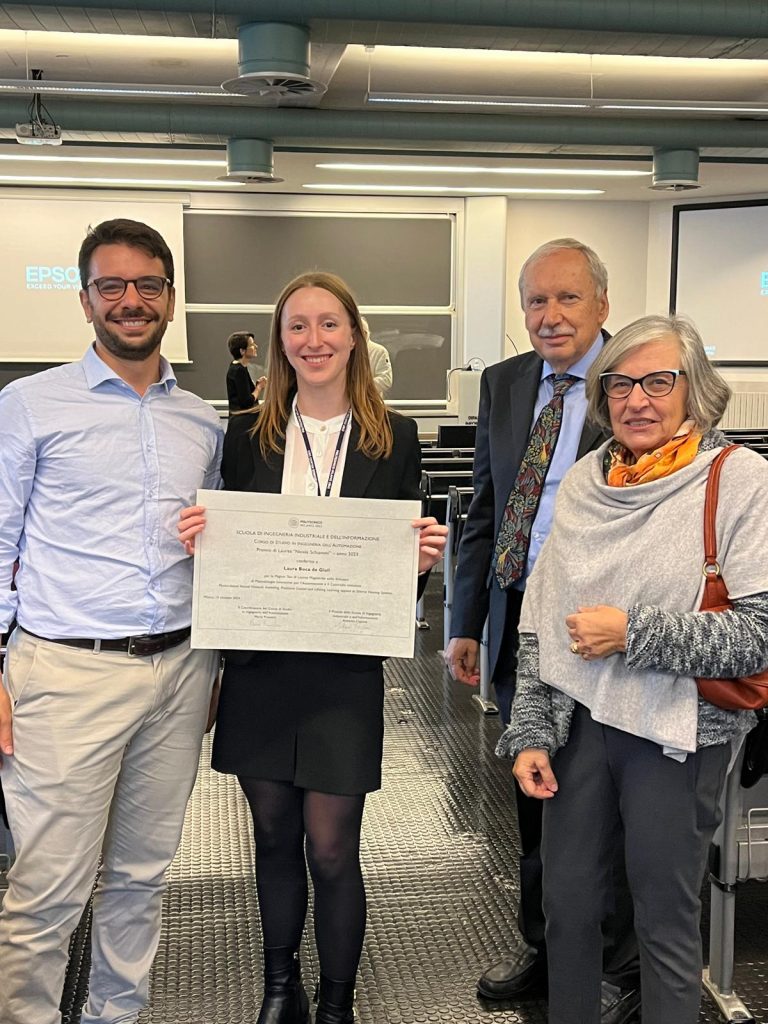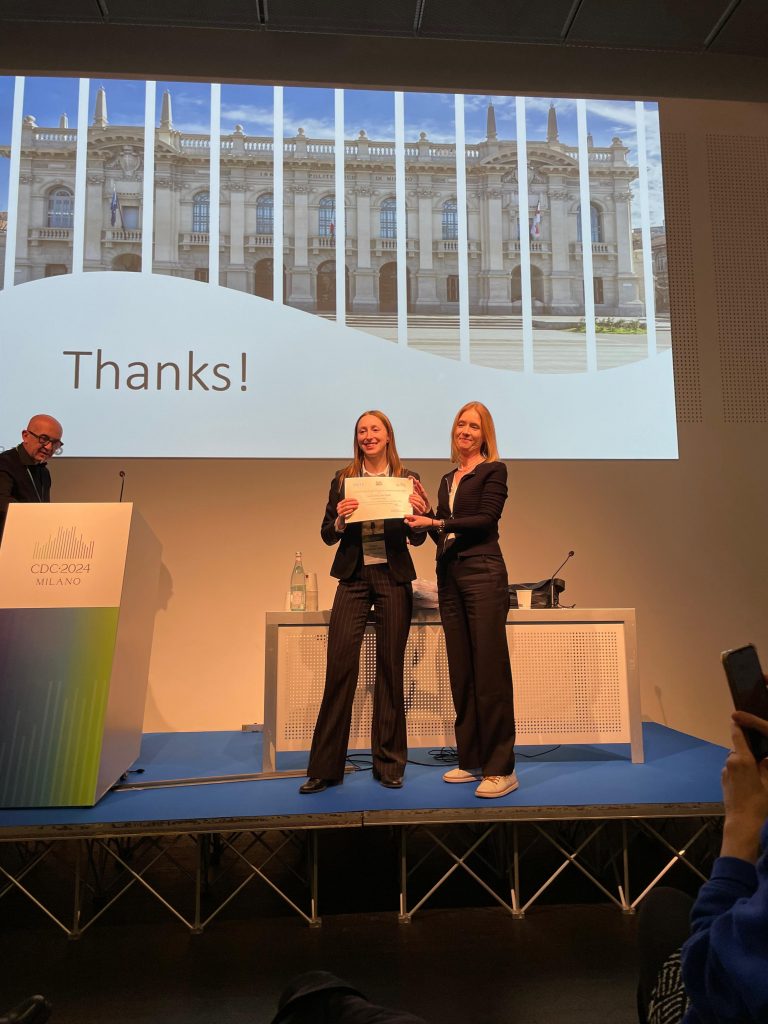Laura Boca de Giuli – Learning-based control of district heating systems
What motivated you to choose the Master’s degree course in Automation Engineering and which specific areas interested you the most?
The decision to pursue a Master’s in Automation Engineering was a very conscious one. My university journey actually began with a Bachelor’s in Management Engineering, but during the first semester of my second year, I had the opportunity to attend the Fundamentals of Automatic Control course and discover this fascinating discipline. What struck me most was its multidisciplinary nature: the integration of mathematics, physics, and computer science perfectly reflected my scientific interests. As a result, halfway through my second year, I decided to switch to Automation Engineering, and choosing the Master’s program was a direct consequence. The subjects I encountered during my Bachelor’s deeply interested me, and I was eager to explore in greater depth, during my Master’s, areas such as modeling and control of complex systems (like energy plants), as well as data-driven identification, with a particular interest in neural networks.
Tell us about a significant experience you had during your studies, such as a practical project or a collaboration with companies in the sectors that interest you the most.
I recall with great enthusiasm the Automation and Control Laboratory course, the first one entirely dedicated to a practical project. It was not only an educational experience but also exciting and enjoyable, because it allowed me to apply and see in practice many of the theoretical concepts learned over the previous four and a half years. In particular, thanks to the development of an accurate physical model and the implementation of an advanced control project, my team and I managed to keep a pendulum balanced in its upright (inverted) position!
How has the multidisciplinary nature of the course influenced your professional choices, and what career opportunities do you think may open up thanks to the variety of skills acquired?
The multidisciplinary nature of the program and the variety of skills acquired have given me the privilege of being able to choose from a wide range of professional paths. I have received job offers in various fields, from IT consulting to software development, as well as design and control of systems in sectors such as aerospace and automotive. Despite these opportunities, I chose to continue my academic career with a PhD in Information Engineering, where the multidisciplinary background of the Automation degree continues to play a central role. Currently, I am involved in projects ranging from the development of AI-based models and control systems for energy efficiency, to the design of predictive maintenance algorithms for large industrial plants.
Can you tell us about your Master’s thesis? What was the topic addressed, and how did you apply the knowledge acquired during your studies to the research or project you developed?
The topic of my Master’s thesis is well summarized by its title: “Physics-based neural network modelling, predictive control and lifelong learning applied to district heating systems”. In this case too, the work embraces a multitude of topics belonging to different, yet closely interconnected, disciplines. On one hand, the thesis allowed me to apply knowledge on the physical modeling of energy systems and data-driven modeling for the development of so-called physics-based neural networks. On the other, I was able to implement advanced control and optimization techniques to improve the efficiency of an energy system, with the goal of reducing consumption and costs, in line with the energy transition.


